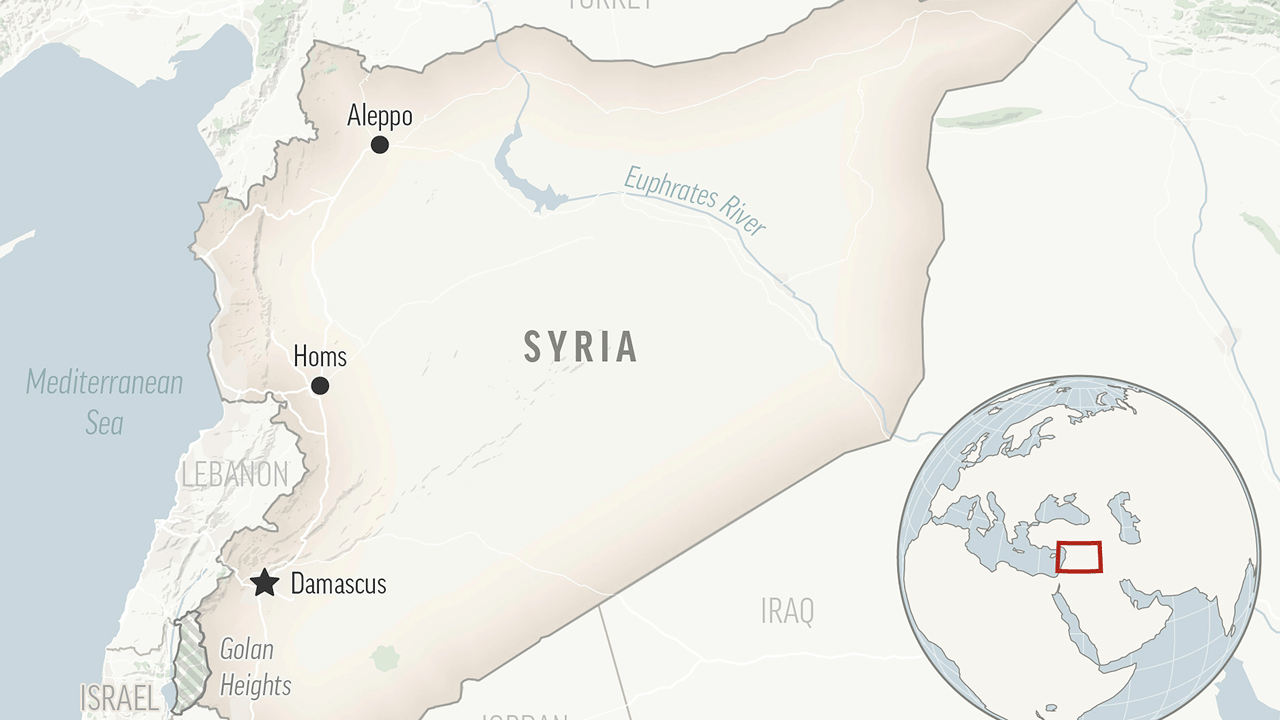Mexico elected its first woman as president
Claudia Sheinbaum, a climate scientist and a former mayor of Mexico City, will be Mexico’s next president after a landslide victory in the country’s election. She will be the first woman, and the first Jewish person, to hold the post.
Sheinbaum, a leftist, was beating her opponent by a stunning 30 percentage points or more, returns showed. Votes are still being counted: See live results here.
Her victory suggests that most Mexicans are pleased with their country’s direction: Sheinbaum, 61, is the chosen successor of Andrés Manuel López Obrador, the current president.
What’s next: Sheinbaum’s next hurdle will be stepping out of the shadow of López Obrador. She notes that they are “different people,” though she appealed to voters by promising to cement his legacy. Here’s what to know about Mexico’s next leader.
Systemic changes: Sheinbaum’s party is within reach of large enough majorities in Congress to enact constitutional reforms that critics fear would undermine democratic checks and balances.
Biden plans to restrict asylum
President Biden is expected to sign an executive order today allowing him to temporarily seal the U.S.-Mexico border to migrants, a move that would suspend protections for asylum seekers in the U.S.
The order would be the single most restrictive border policy instituted by Biden, who is under intense political pressure to address illegal migration ahead of the November presidential election. It also echoes President Donald Trump’s effort to block migration in 2018, which was assailed by Democrats and blocked by federal courts.
Details: The order would allow border officials to prevent migrants from claiming asylum and to rapidly turn them away once border crossings exceed certain thresholds.
The numbers: On Sunday, border agents caught more than 3,500 migrants crossing the border without authorization, according to a person with knowledge of the data.
Indian election results will be released today
After six weeks and more than 640 million votes cast across the country, India’s general election draws to a conclusion today.
The contest will determine whether Prime Minister Narendra Modi, who has championed India’s development while promoting a Hindu-first agenda that has aggravated religious and ethnic fault lines, wins a third five-year term.
The election, a mammoth undertaking described as the biggest peacetime logistical exercise anywhere, coincided with an intense heat wave in much of northern India that left at least 19 poll workers dead.
Here’s what else you need to know. You can follow the returns and our live coverage here.
MORE TOP NEWS
Pets teach us about life, love and death. That last one is especially important, Sam Anderson writes in this animated feature, about a hamster named Mango and a dog named Walnut. Unlike us, Sam writes, animals don’t seem to spend their entire lives fretting about the fact that they are going to die.
“Maybe they exist in an eternal present,” he writes, “a perpetual lightness that we will never feel.”
For more, listen to Sam’s new podcast, “Animal.”
CONVERSATION STARTERS
-
Rhabarberbarbarabarbarbarenbartbarbierbier (we swear this isn’t a typo): TikTok loves a German rap about rhubarb, served by Barbara to rhubarb-loving barbarians, who drink beer while their beards are barbered.
-
The modern age: A group of experts came up with the 25 photos that have best captured the world since 1955.
-
Are women’s pants sexist? Unlike men’s trousers, with their standard inseams and waists, women’s sizes are more concept than reality.
SPORTS NEWS
Pep talks: The most famous (and infamous) sports speeches.
U.S. Women’s Open: How Yuka Saso emerged to win again.
Late finishes: The impact of long games on tennis players and fans.
French Open: Novak Djokovic reached the quarterfinals, and Alexander Zverev defeated Holger Rune.
ARTS AND IDEAS
Holocaust museums grapple with the war
The war in Gaza is forcing Holocaust museums in the U.S. to contend with how they discuss the Israel-Palestinian conflict.
For many supporters of Israel’s war, there is a direct line between the antisemitism that fueled the Holocaust and the ideology of Hamas. Hamas’s attack on Israel made Oct. 7 the deadliest day for Jews since the Nazi genocide, a history that is fading from living memory.
For many antiwar protesters, Israel’s military campaign is a genocide. And young memorial visitors — steeped in social media images that show tens of thousands of Palestinians killed and millions displaced from their homes — are bringing that context with them.






